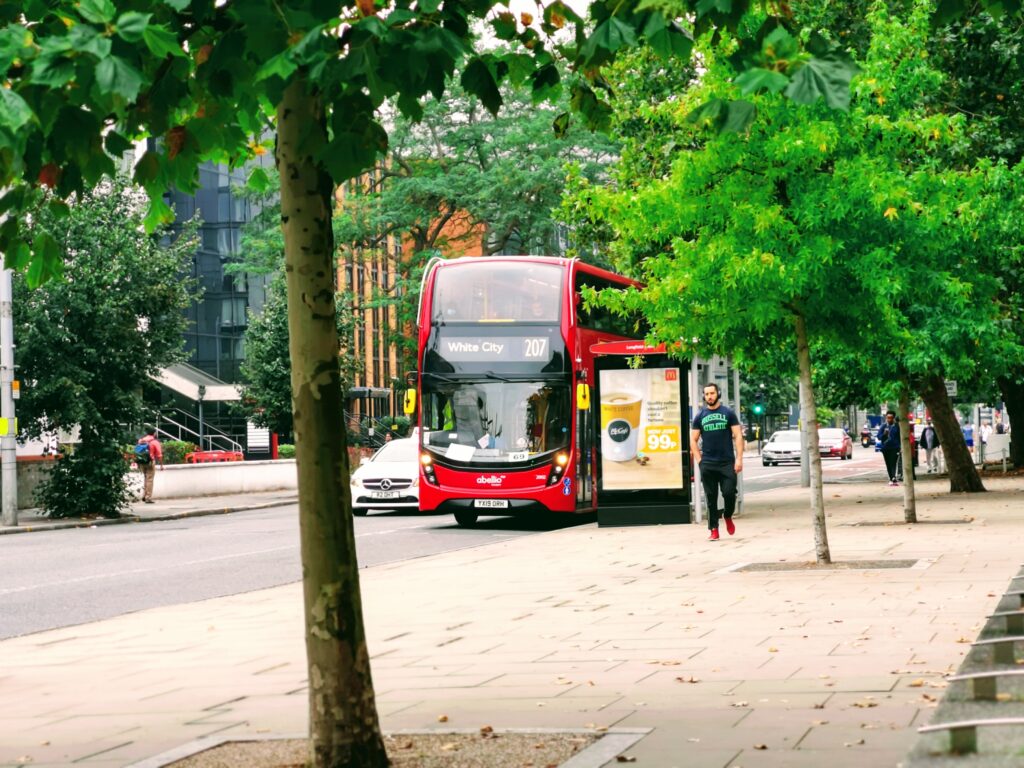Air pollution is killing more people in London’s outer boroughs than in the inner city as vulnerable older residents suffer heart and respiratory problems, research from Imperial College suggests.
It is estimated that polluted air caused 4,000 premature deaths in London during 2019. However, worst health problems reside in the outer parts of the city, where air pollution is lower but a greater proportion of elderly people live.
The Imperial College study found the elderly outer London residents suffered from cardiovascular and respiratory problems. The research was commissioned through Imperial Projects by Greater London Authority and Transport for London.
Air quality data from 2013 and projection of air pollution up to 2050 were used in the study to assess the impact on health of air quality policies. These include present policies, such as Low Emission Zones for HGVs, Ultra Low Emission Zones, and potential future London air quality policies.
Researchers found that following the future policies trajectory in this air quality data found London’s population would gain an approximate 6.1 million ‘life years’ long-term, compared to if pollution levels remained at 2013 concentrations.
Furthermore, if London met the World Health Organisation’s 2005 particulate matter guidelines by 2030, the population would gain a further 20 per cent increase in life years over the next 20 years.
Dr. Heather Walton, of the Environmental Research Group at Imperial College London, commented: ‘For our study we used a new method to produce the latest estimate of the burden of air pollution on mortality in London in 2019. It is encouraging that we predict good gains in life years across the population over time from air pollution reductions as a result of air quality policies, including those targeted at London.’




